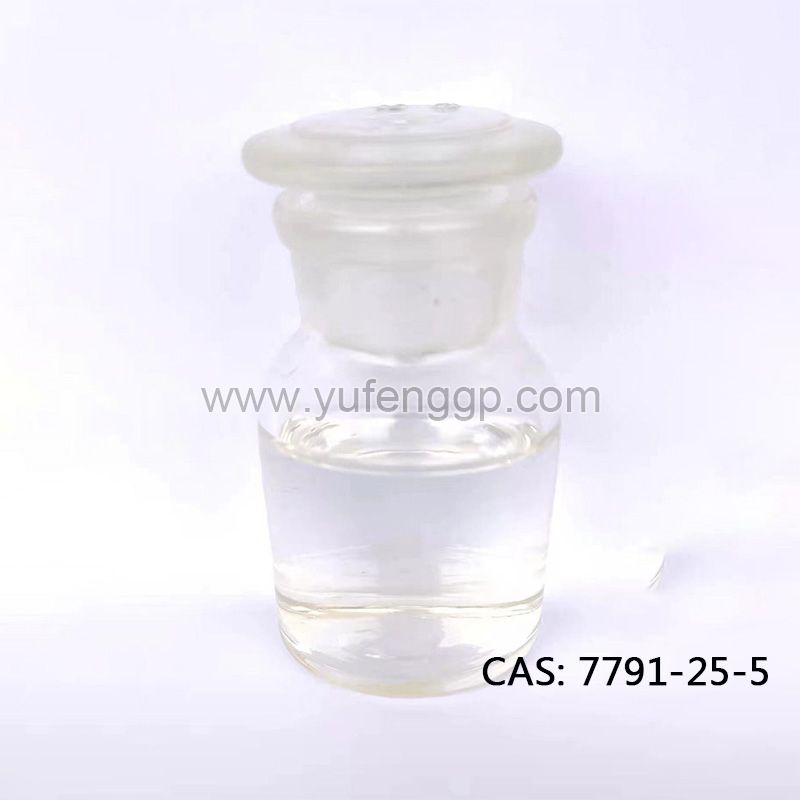What is the use of sulfonyl chloride?
Sulfonyl chloride, also known as sulfonamide chloride, is a chemical compound with the functional group -SO2Cl. It is a versatile reagent used in various chemical reactions and serves as a crucial intermediate in the synthesis of numerous organic compounds. Here are some common uses of sulfonyl chloride:
1. Pharmaceuticals: Sulfonyl chlorides are essential building blocks in the pharmaceutical industry. They are used to synthesize a wide range of pharmaceutical compounds, including sulfonamide drugs, which have antimicrobial and diuretic properties. Sulfonamide drugs are commonly used to treat bacterial infections and certain medical conditions.
2. Agrochemicals: Sulfonyl chlorides play a significant role in the synthesis of agrochemicals, such as herbicides and fungicides. These compounds help control weed growth and protect crops from fungal diseases, contributing to improved agricultural productivity.
3. Dyes and Pigments: Sulfonyl chlorides are used in the production of dyes and pigments. They act as key intermediates in the synthesis of various colorants used in the textile and paint industries.

4. Polymer Chemistry: Sulfonyl chlorides are employed in polymer chemistry to introduce specific functional groups into polymer chains. This process can enhance the properties and performance of the resulting polymers, making them suitable for specific applications.
5. Specialty Chemicals: Sulfonyl chlorides are utilized in the synthesis of specialty chemicals used in various industrial applications. They serve as intermediates in the production of surfactants, lubricants, and other specialty chemical products.
6. Organic Synthesis: Sulfonyl chlorides are valuable reagents in organic synthesis due to their ability to introduce the sulfonyl functional group into organic molecules. This functional group can confer specific properties to the resulting compounds, making them useful in diverse chemical applications.
Safety Considerations: Sulfonyl chlorides are reactive and can be hazardous when not handled properly. They are corrosive to the skin and eyes, and their vapors can cause irritation to the respiratory system. It is essential to use appropriate personal protective equipment and work in a well-ventilated area when handling sulfonyl chlorides. Additionally, they should be stored and disposed of following proper safety protocols to prevent accidental exposure and environmental contamination.
In conclusion, Yufeng sulfonyl chloride is a valuable reagent in various industries, including pharmaceuticals, agrochemicals, dyes, and polymer chemistry. Its ability to introduce specific functional groups makes it an essential building block for the synthesis of numerous organic compounds with diverse applications. However, caution must be exercised when handling sulfonyl chlorides due to their reactive nature and potential hazards.

